Blue Monday
A Nonsense Day with a Grain of Truth
As regular readers may know, Mental Health in the workplace – and anywhere else for that matter – is a frequent topic of importance for the SHEilds blog.
This is not without good cause either; in recent years industries around the world have been increasingly acknowledging good mental health as being essential to a productive, happy workplace.
Physical accidents might draw the shock headlines, but the damage poor mental health management can do should never be underestimated. Whether it’s for the sake of maintaining appearances or out of fear of penalties, burying a problem beneath smiles and denial will likely just raise the pressure till an inevitable explosion.
The endgame of these situations might include a breakdown, sick leave or even suicidal impulses in the worst cases and it’s not only the sufferer who is hurt by this; employers may suddenly lose key staff, either temporarily or permanently and struggle to find a replacement, hurting productivity, reputation and morale of co-workers. In summary, everyone loses.
The factors at work in such a mental health decline are typically considered to be workplace conditions, management practices and factors within the subject’s life. But what of seasonal factors?
Enter Blue Monday, a nonsense day with a grain of truth.
Motivational or Demotivational?
Let’s get this out of the way, the notion of ‘Blue Monday’ being scientifically proven to be the most depressing day in the year is largely hokum.
Coined by one Dr Cliff Arnall (ostensibly a Cardiff University Psychologist) at the behest of travel firms (not exactly impartial), it doesn’t take a genius to realise that a formula containing variables such as ‘low motivational levels’ and ‘time since failing our New Year’s resolutions’ is likely just a marketing stunt.
For what it’s worth though it’s a stunt that since its 2005 inception has increasingly stuck in the UK public consciousness, with various groups marking, renouncing or endorsing the day each year.
Whether this is a motivational or demotivational influence remains a point of intense debate. Arnall himself presently bemoans that his intention to encourage positive action has instead become burdened with negative connotations.*1 Elsewhere, mental health charity Mind considers the day “contributes to damaging misconceptions about depression and trivialises an illness that can be life threatening”.*2
bluemonday.org meanwhile – an initiative coordinated by Canterbury College – takes a proactive approach in reversing the day’s negative connotations, by encouraging events and behaviour to lift the heavy atmosphere that has descended upon January’s third Monday.*3
As an exactly calculated pinpoint, perhaps declaring ‘Blue Monday’ the most depressing day of the year is irresponsible, but it may well have some value at least in highlighting a more generalised seasonal low people in the UK and beyond tend to suffer.
Seasonal Affective Disorder
Seasonal Affective Disorder (SAD) or Winter Depression is a phenomenon with substantially more credibility, where poor weather and reduced daylight hours impact our mood and activities.
Theories around it aren’t exact, but most think that the scientific reasoning for ensuing lows is due to a lack of sunlight. This may result in overproduction of melatonin increasing the sensation of fatigue, lower serotonin levels increasing feelings of depression, and our internal clock being thrown out of sync.
On general note, for those in the 9 to 5 work cycle – myself included – starting and finishing work in the cold and dark inevitably has impact. Depending on severity this could just be a miserable commute, to a completely miserable day or a completely miserable month. Symptoms of SAD typically encompass lower moods, irritation, a persistent sense of despair, longer sleeping hours, tougher mornings and craving for food rich in carbohydrates.
It might seem petty, and overly blatant pointing to Winter weather as a source of lows, but keep in mind that the real danger is how this might interact with other personal factors. For an individual who already has a mental health issue, SAD could be the trigger which compounds it creating unmanageable pressure.
Elsewhere, the cultural situation can also catalyse sensations of hopelessness. The end of the cheery Christmas season and its financial costs coupled with a potentially jarring return to the workplace may also spark feelings of despair.
Blue Monday as a concept may be born from flawed, even ridiculous reasoning but it signposts a very real problem. Always remember that there is no shame in seeking help if you are suffering from unmanageable lows or stress. Whether it be a colleague, manager, doctor or external organisation make sure you don’t suffer in silence.
A Call to Action
Perhaps Blue Monday is a concept that’s here to stay, with debunking only serving to entrench it further within the cultural landscape.
Regardless, I think what’s most important is that we adopt the day as a flag to raise awareness for what will likely be a particularly difficult time for those with mental health issues and each take it as a call to action rather than excuse for resignation.
Be mindful of those around you and keep in mind that a smile doesn’t always signify someone is ‘okay’. We all have a duty to stay vigilant for our colleagues and make it clear we’re ready to listen and help if they need us.
As they say, the night is darkest before the dawn and a New Year can also signify a new leaf for our careers, lives and attitudes. It’s all a matter of perspective and a Monday is only as ‘blue’ as we allow it to be.
Owen Roach
References
*1 https://www.independent.co.uk/news/uk/home-news/blue-monday-apology-depressing-january-misey-money-disposable-income-psychology-dr-cliff-arnall-a8143246.html
*2 https://www.mind.org.uk/news-campaigns/news/busting-the-blue-monday-myth-with-blueanyday/#.WljPcK5l9EY
*3 https://www.bluemonday.org/

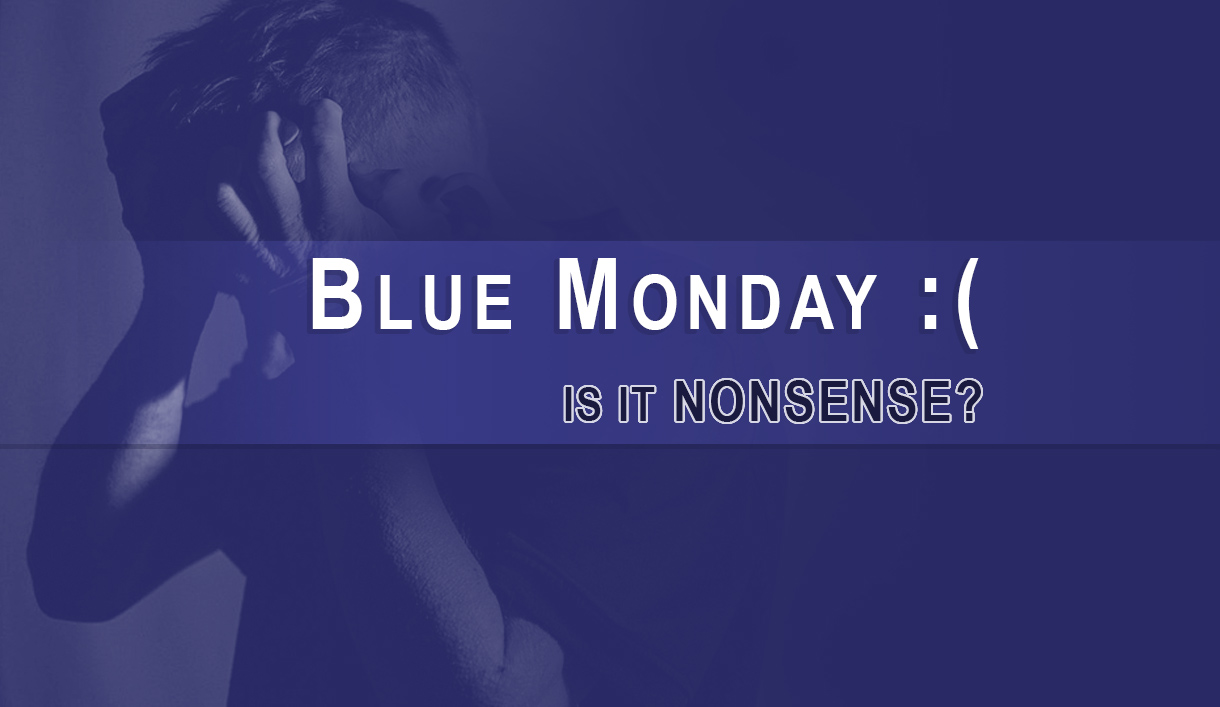

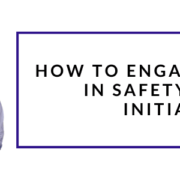
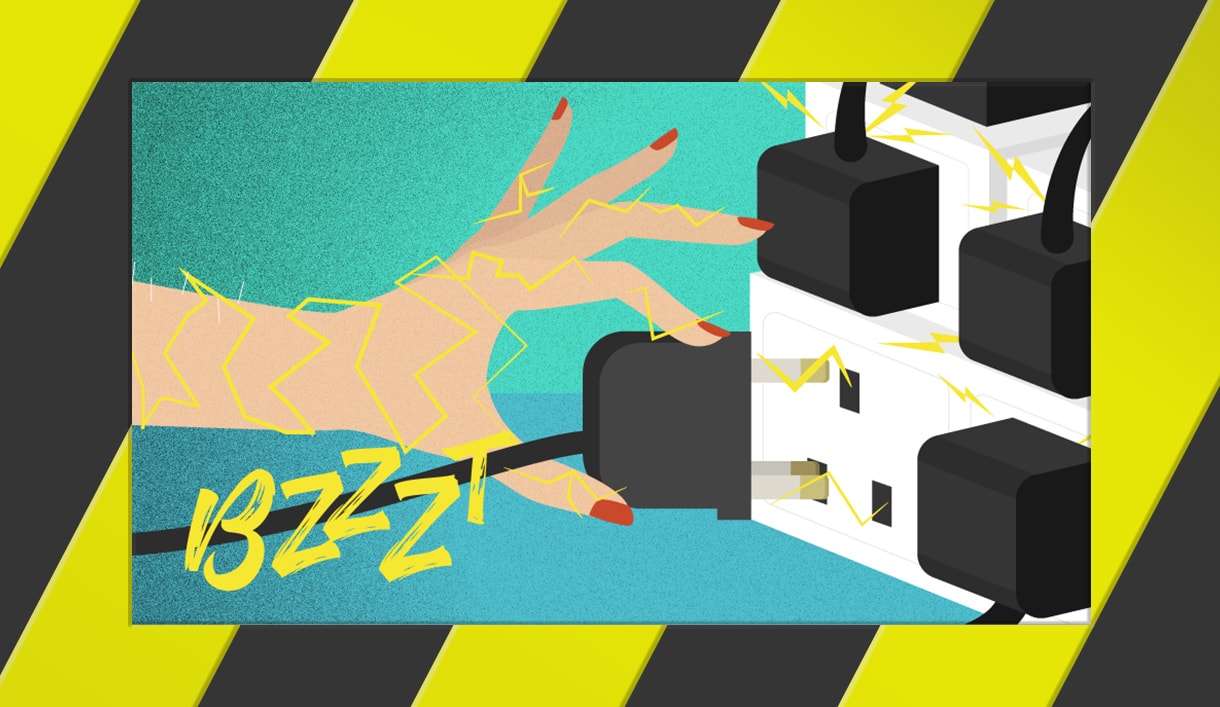
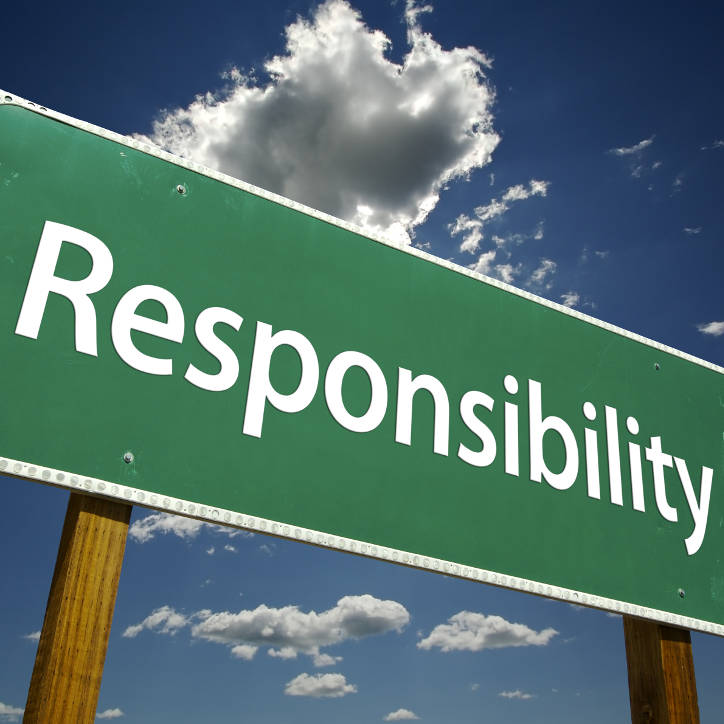

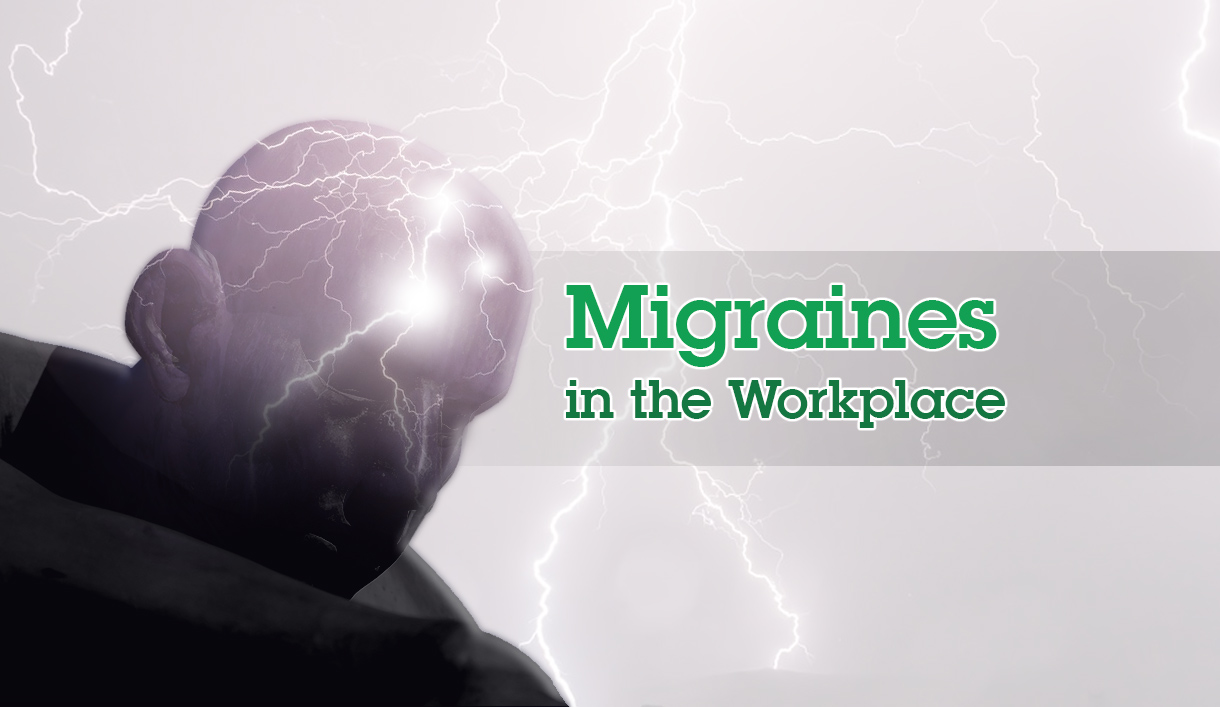
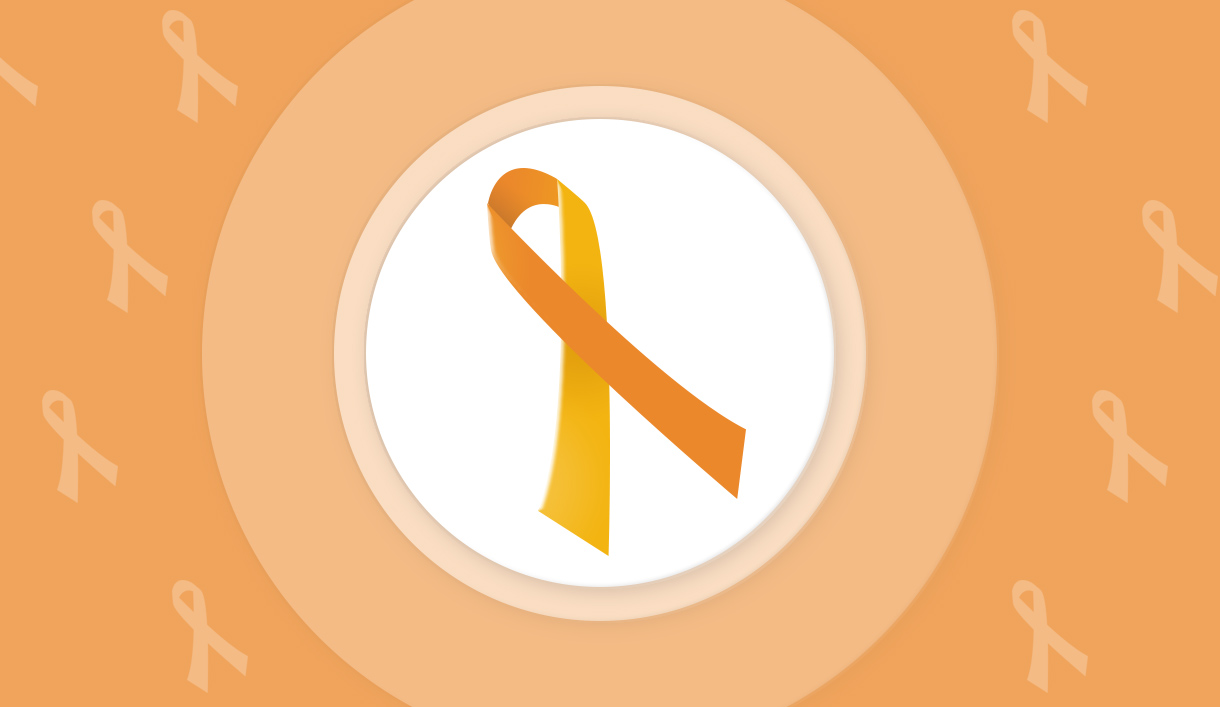
Leave a Reply
Want to join the discussion?Feel free to contribute!